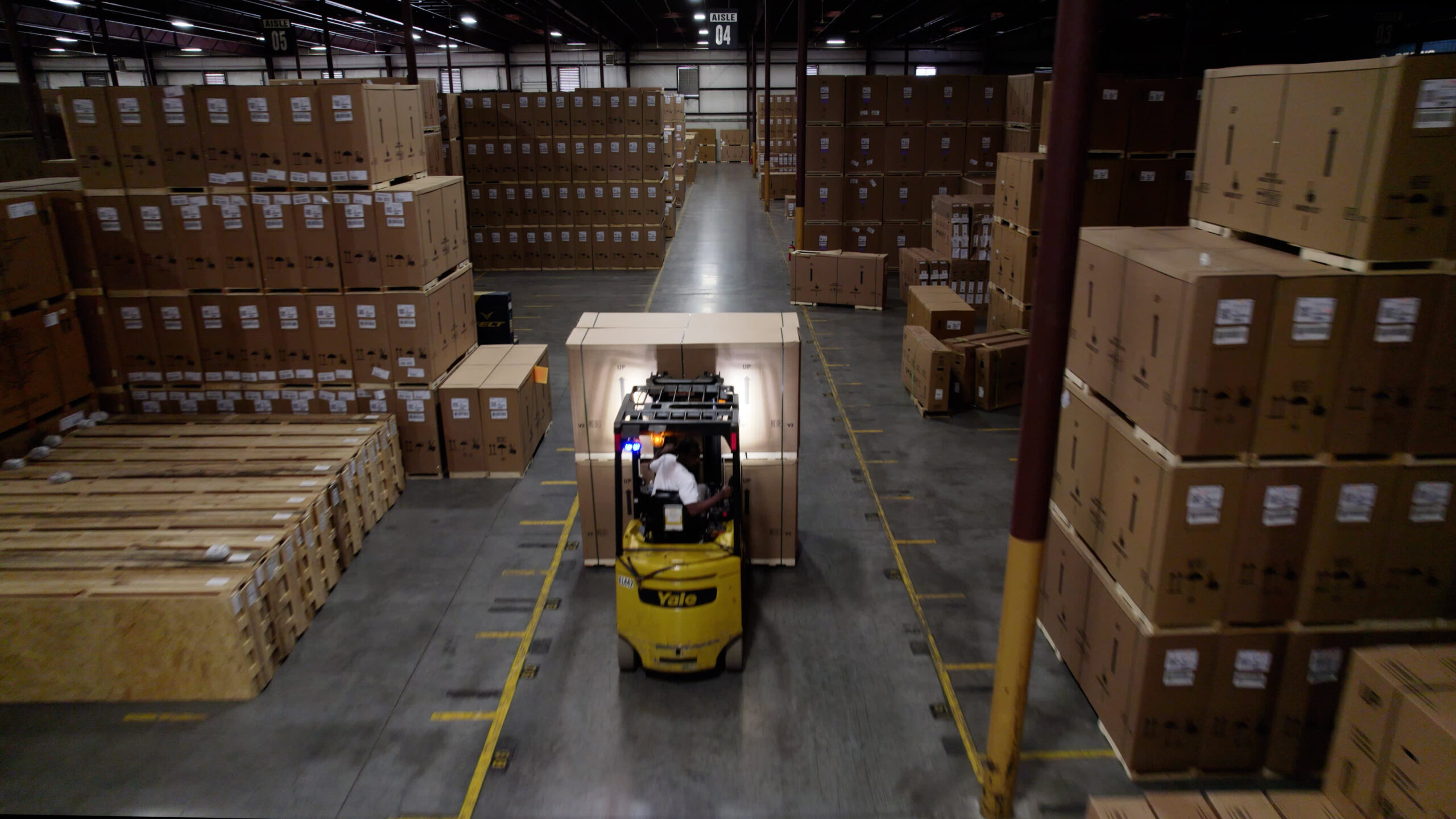MANILA: The Philippines’ National Economic and Development Authority (Neda) secretary Arsenio Balisacan says that lowered tariff rates may not materialise until 2028 as originally planned in Executive Order No. 62 if there are “special changes” in the economic environment.
“Why not? It is already in the executive order signed by the President that there is a periodic review. If the situation changes, we must have that flexibility to re-examine its tools,” Balisacan said on Monday.
The Department of Agriculture last week said it was proposing a periodic review of tariffs on agricultural products instead of reduced rates until 2028, as well as recommending that the tariff cuts should only last for about six months to one year.
Balisacan said that tariffs need to be reviewed to make sure that the structures are still aligned with the government’s priorities.
Under the Customs Modernisation and Tariff Act, a comprehensive tariff review is conducted every five years.
“Our tariff structure should be consistent with the rest of the Association of South-East Asian Nations because we are a member of the economic community,” he said.
When asked what economic conditions could possibly adjust the government’s implementation of tariff reduction, Balisacan said it would depend on the movement of the world prices.
“If the world prices are about to fall, then you have to do what you can to adjust the tariff, that’s what many countries do, just like what we do with oil prices too,” Balisacan said.
“You have to have a mechanism to reduce the domestic price to ensure that developments outside, especially these sharp increases, are not transmitted completely to our local economy.
“That way, we stabilise our prices and we don’t suffer from high inflation and we don’t suffer from high interest rates.”
Last week, the government officially released the EO No. 62, which orders the tariff reduction on rice and other agricultural and industrial products until 2028. — The Philippine Daily Inquirer


